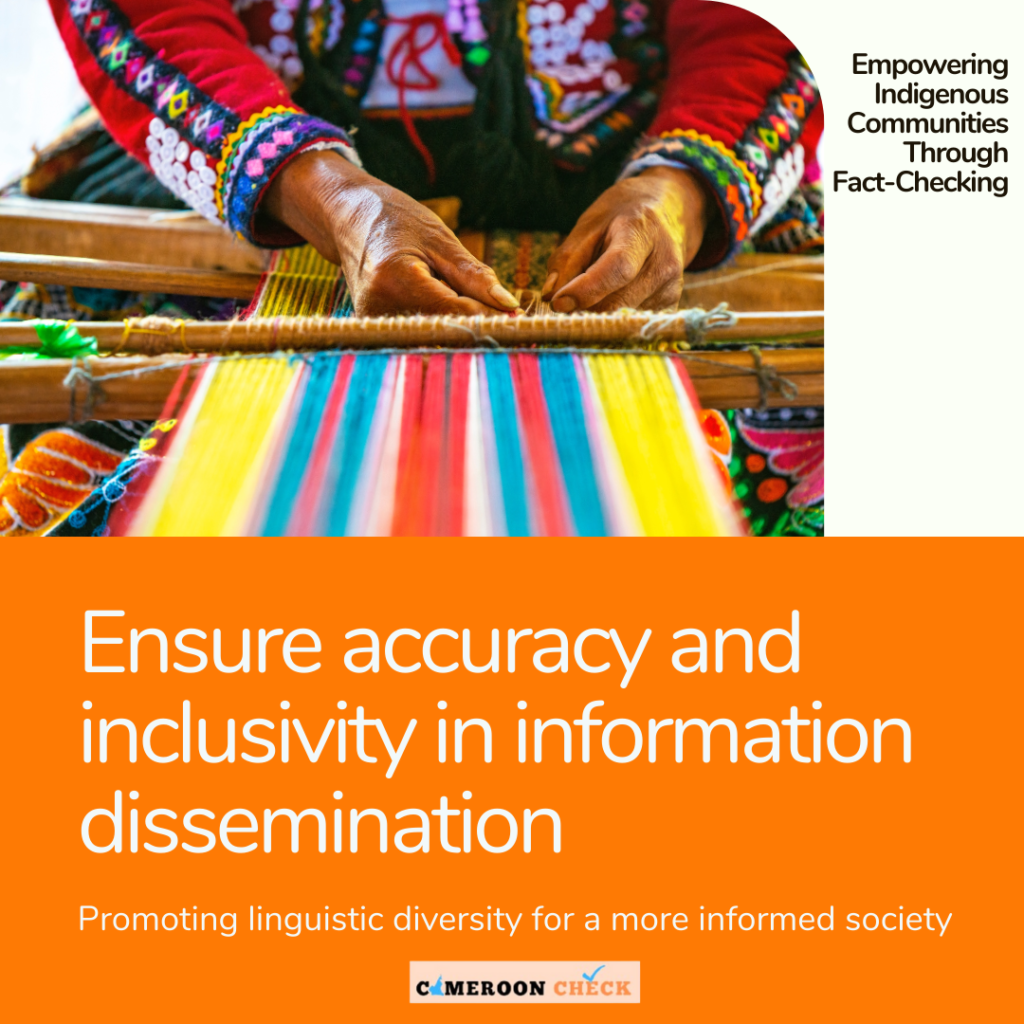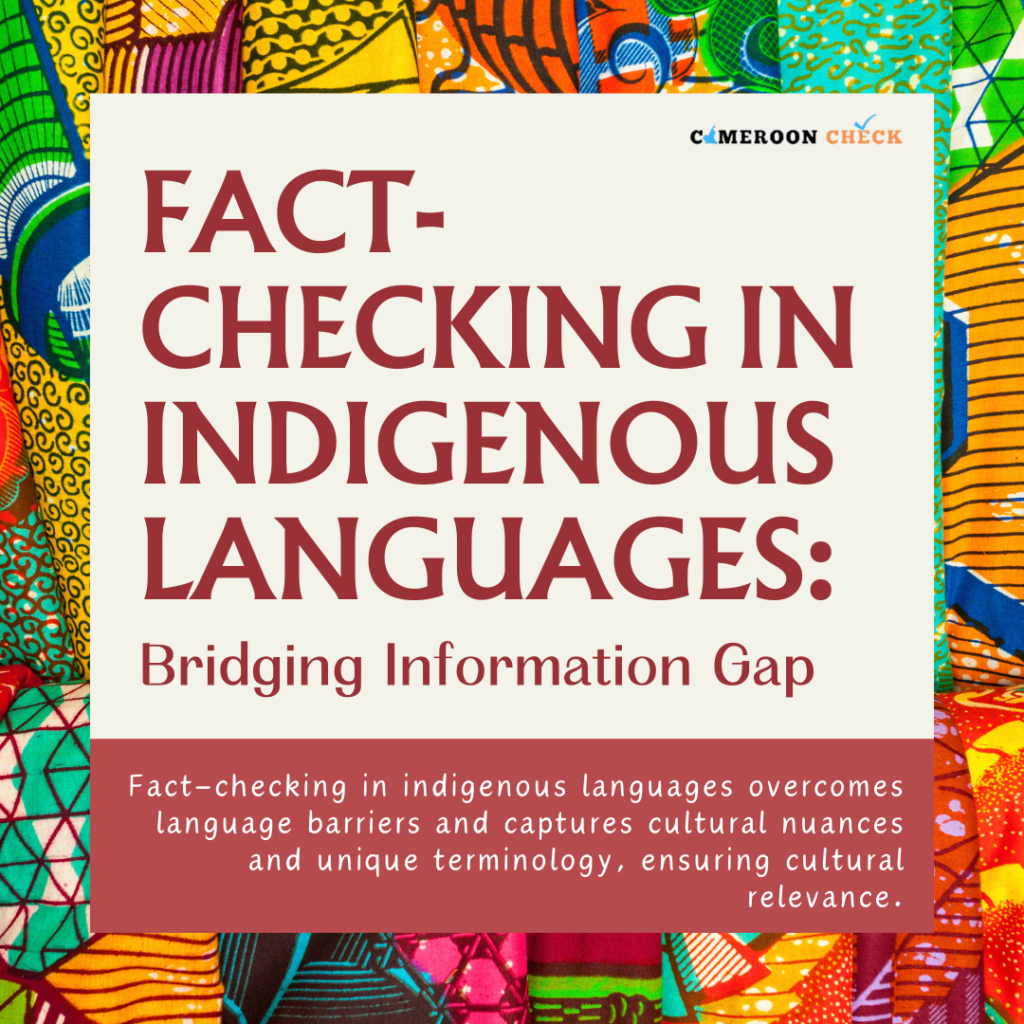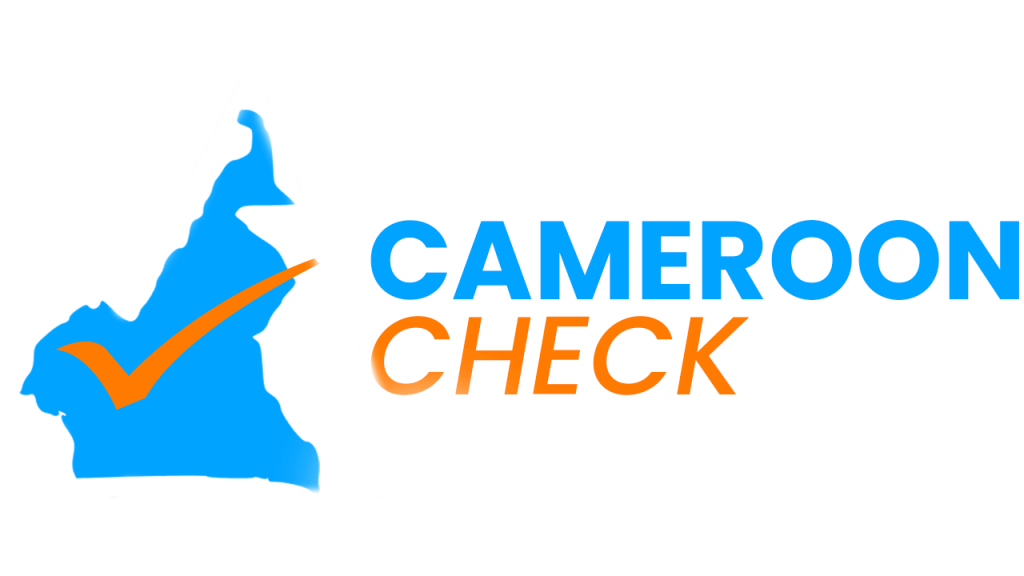The world relies on accurate information, which is why verifying news and data is so important. However, people who speak indigenous languages may struggle to verify information due to language barriers. In this light stakeholders and individuals now fact check in pidgin English. Pidgin English is the lingua franca in many English speaking African countries. They have even gone a step further by fact-checking in indigenous languages. It’s crucial to ensure the accuracy of news and data, as information is essential to keeping the world moving forward.

Fact-checking in indigenous languages helps overcome language barriers and ensures cultural relevance by capturing nuances and specific terminology that may not have direct equivalents in other languages. Fact-checking in indigenous languages promotes empowerment, inclusivity, and community engagement by providing reliable information in native languages. It encourages participation, critical thinking, and media literacy within the community, combats misinformation, and fosters trust in the information ecosystem.
In Somalia, a country with a rich tapestry of indigenous languages, local fact-checkers are being trained to verify information in their native tongues. This grassroots approach not only promotes linguistic diversity but also fosters trust within the community. By equipping local fact-checkers with the necessary skills, they become the frontline defense against misinformation.
Implementing Technology Solutions
Technology plays a crucial role in scaling fact-checking efforts. Using social media platforms and conventional media. Reaching the masses through various platforms in real-time, makes it easier for speakers of these languages to access and share verified information.
Community Engagement and Education
Engaging with the community is essential for the success of any fact-checking initiative. Workshops and educational programs can raise awareness about the importance of verified information. By involving community leaders and influencers, these programs can encourage critical thinking and the discernment of fact from fiction.

Challenges and Opportunities
While the task is daunting, the opportunities for positive impact are immense. Overcoming barriers such as limited resources, technological access, and language preservation requires a collaborative effort. Partnerships with local organizations, governments, and international bodies can provide the support needed to make fact-checking in indigenous languages a reality.
Developing fact-checking resources for indigenous language speakers is not just about combating misinformation; it’s about empowering communities with the truth.
